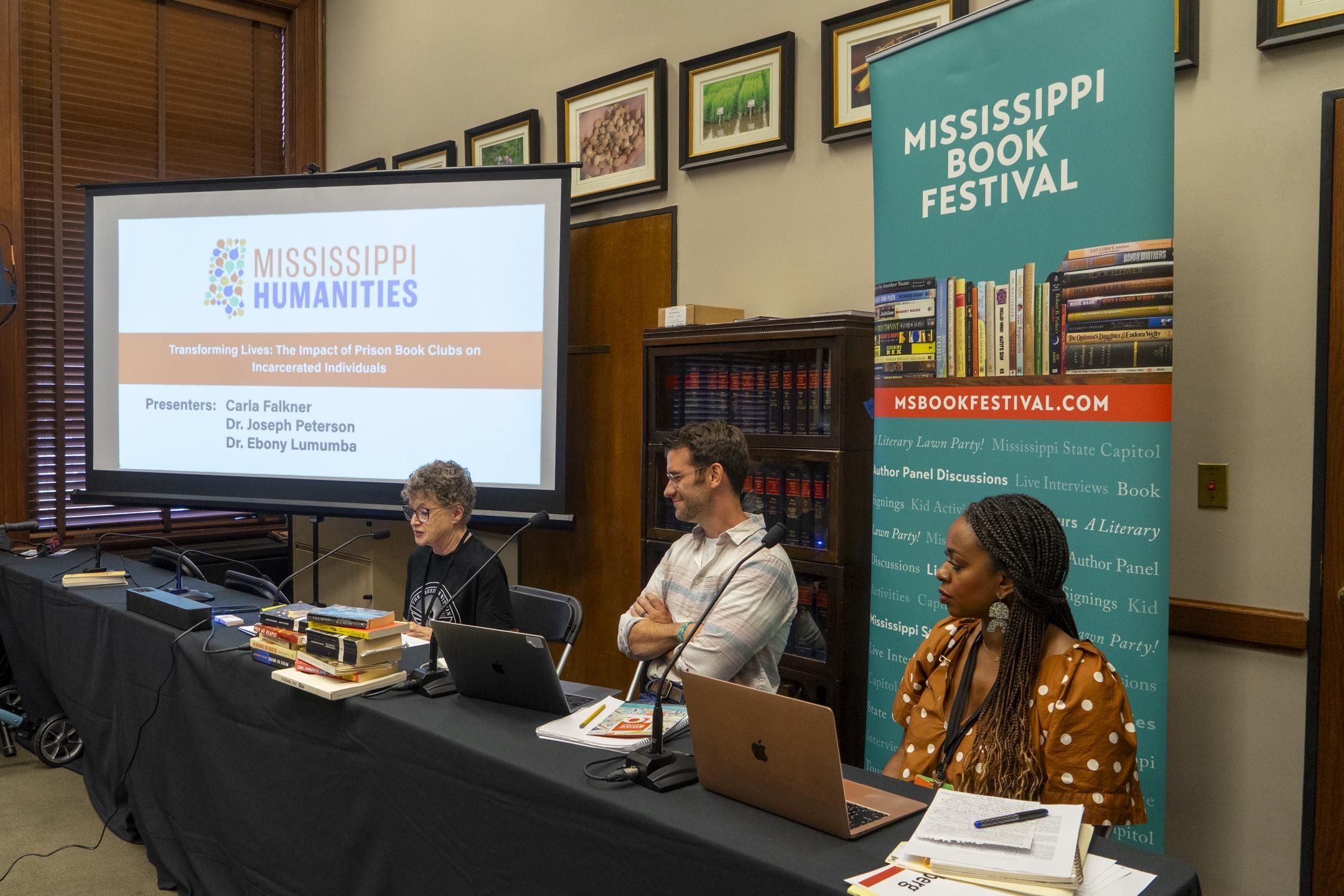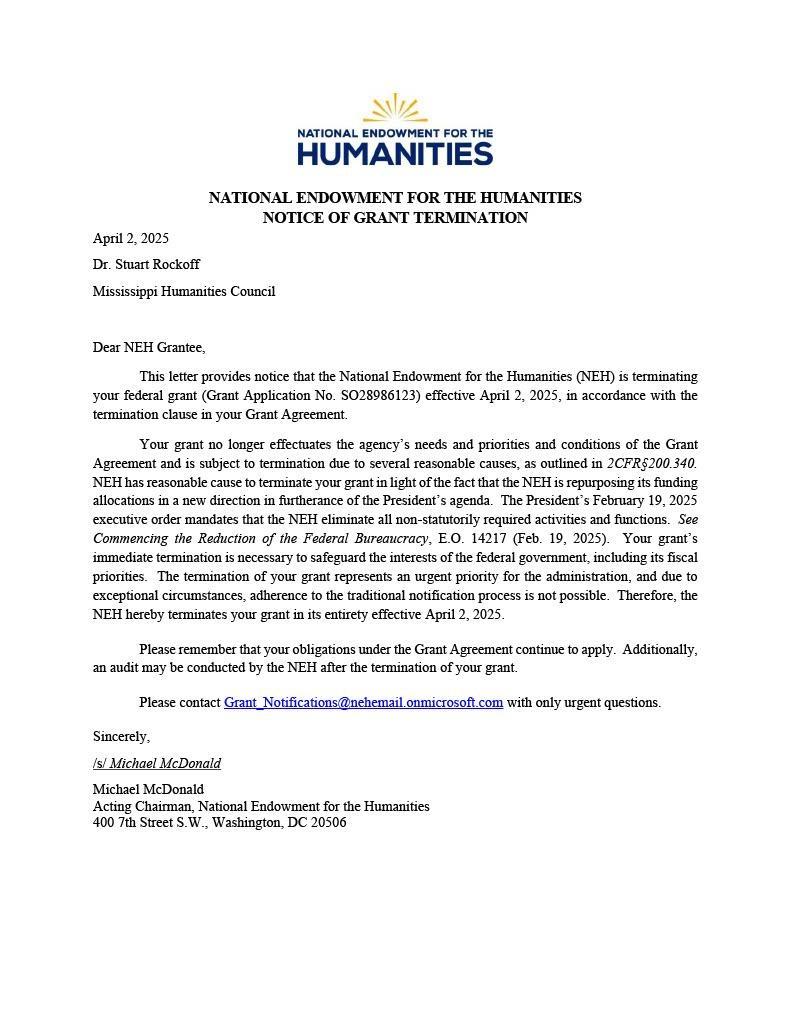According to Rockoff, the council currently has 35 Mississippi grantees waiting to receive funding.
“We're not able to pay those grants unless we have access to this NEH money,” he said. “So this is something that affects not just the council, but a lot of our cultural partners all over the state.”
The Margaret Walker Center at Jackson State University is one of those cultural partners that could eventually be impacted. The center houses the archives of Margaret Walker and the oral histories of many Black Mississippians.
Robert Luckett is the director of the center and says he's concerned.
“If we lose the support of the National Endowment for the Humanities and the Mississippi Humanities Council, our work and our capacity to inform our community about this incredibly rich history, the story of Margaret Walker, the the story of Rod Paige, U.S. Secretary of Education under George W Bush, who's a JSU alum, his collection that we have,” he said. “We will be cut off at the knees and we will all be lesser for it.”
Luckett says the work of both organizations is bipartisan.
“There is this creation of this notion that somehow the Mississippi Humanities Council must be some kind of organization bent on indoctrinating people,” he said. “That is not the work of the Mississippi Humanities Council, it is not the work of the Margaret Walker Center, it’s not what we're doing. What we're doing is protecting our history, protecting these stories, promoting it for anyone who wants to come and to learn and to engage. So we will be deeply harmed. And as a state, we will be lesser for it.”
Yet, Rockoff says this week’s programming from the Humanities Council will go on.
“But I worry that next month or in upcoming months, we've already just put a pause on our new grant making,” he said. “With this latest cancellation of our federal funding, we have put a pause on all of our programs.”
The termination letter sent by NEH states that “due to exceptional circumstances, adherence to the traditional notification process is not possible” and that the grant cancellation was necessary in order to safeguard the interests of the federal government.






